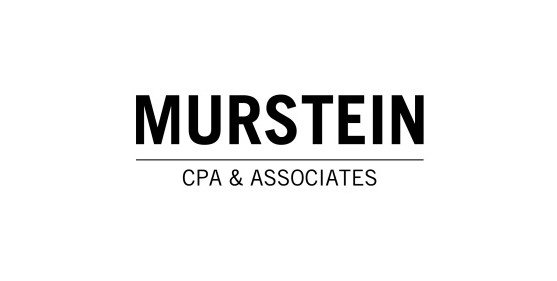How Should I Keep My Tax Records?
How Long Should I Keep My Tax Records?
According to the IRS, you must keep records that support items shown on your return until the period of limitations for the return runs out. The period of limitations is the period of time in which you can amend your return to claim a credit or refund or the IRS can assess for additional tax.
Basically, you should keep tax documents as long as they are eligible for audit. Because the IRS can audit back three years from the due date or filing (whichever is later), that’s at least four years for your typical returns. However, keep in mind that if an audit were to occur, the IRS can go back another three years if they find changes exceeding 25% of income and request documentation for those returns. That’s where the seven-year rule of thumb comes from.
See the table below for a summary
Keep in mind that for long-term items like investments and real estate, the sale triggers the reporting. As that can be years after the purchase, such documents may need to be kept much longer. For example, you will need records of the basis of a bought property to figure out the gain or loss when you sell it.
Also of note, if returns are not filed, the clock will have not started. Additionally, if there is fraud, there is no statute of limitations.
What Tax Records Should I Keep?
· Your tax returns
· Income
· W-2 forms
· 1099 forms
· Bank statements
· K-1 forms
· Brokerage statements
· Records of tips received at work
· Expenses
· Records proving the expenses for which you claim a deduction or credit. These may include the invoices, receipts, and other proofs of payment for: charitable donations; real estate taxes; child care expenses; alimony; mortgage interest
· Some less common expenses which may qualify for a credit and thus need proper documentation include: purchase of energy efficient products; education expenses like scholarships or reimbursements; medical and dental expenses, including ones paid through an HAS or MSA; moving expenses if you are deducting them
· Home
· Closing statements
· Home purchase and sale records
· Insurance records
· Records of improvement costs
· Investments
· Brokerage statements
· Mutual fund statements
· 1099 forms
· 2439 forms
· Other
· Records of employee business expenses
· Records of business use of your home
· Records concerning casualty or theft losses
· Gambling winnings and losses
· IRA records
*Adapted from IRS Publication 552. See the full publication for additional details.

